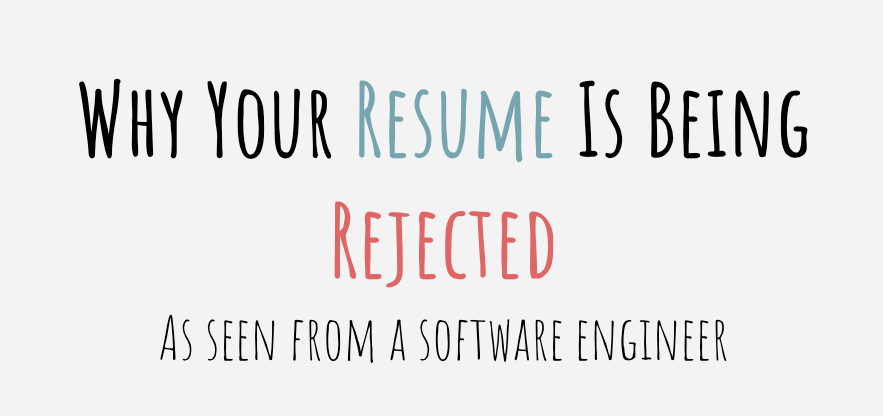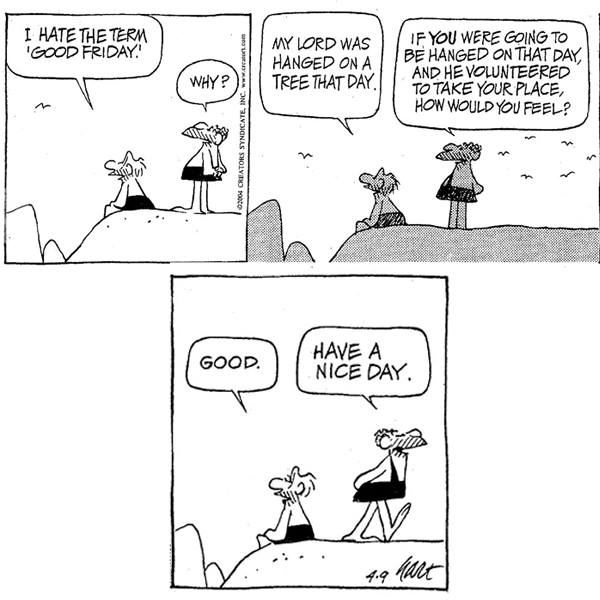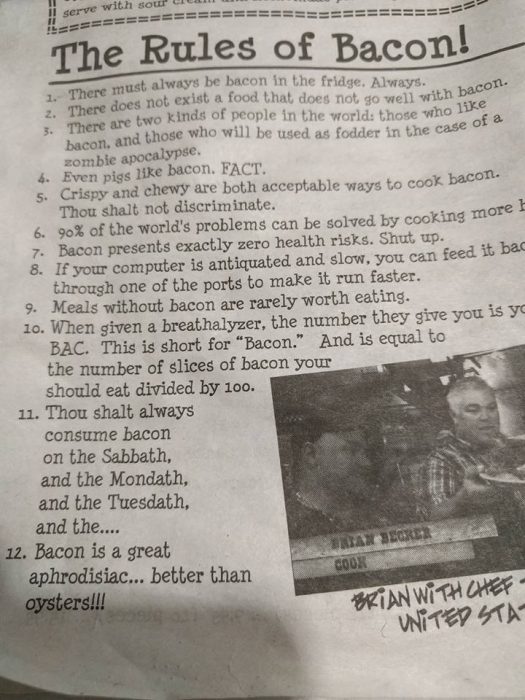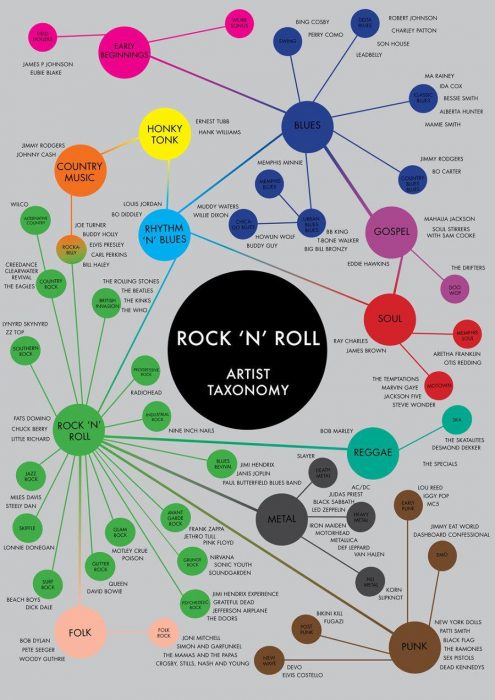
-
 (Don’t go to photo# 2 until you look at #1 closely..)This is an interesting, even breathtaking couple of photos.Be sure to read the 1st caption below before scrolling to the 2nd photo.
(Don’t go to photo# 2 until you look at #1 closely..)This is an interesting, even breathtaking couple of photos.Be sure to read the 1st caption below before scrolling to the 2nd photo.
Look closely at the first photo, take your time, then scroll down very slowly…Look at the picture and you can see where this driver broke through the guardrail, on the right side of the culvert, where the people are standing on the road, pointing.The pick-up was traveling about 75 mph from right to left when it crashed through the guardrail.It flipped end-over-end bounced off and across the culvert outlet, and landed right side up on the left side of the culvert, facing the opposite direction from which the driver was traveling.The 22-year-old driver and his 18-year-old passenger were unhurt except for minor cuts and bruises.Just outside Flagstaff, AZ, on U.S. Hwy 100.Now, look at the second picture below… -
-
This Terrifying Chart Helps Me Get Things Done
I stopped putting things off when I learned to see life as one big deadline
 Jan 12 · 4 min read
Jan 12 · 4 min readPhoto: Maskot/Getty Images For as long as I can remember, I’ve been a procrastinator. Whereas a disciplined person’s workflow might look something like this:
All images: Eric Olszewski Mine looked like this:
It’s not that I didn’t care about my work — most of the time, whatever I was supposed to be doing was on my mind the entire time I was supposed to be doing it. My struggle has always been that I just couldn’t get started. I’d sit down to accomplish something, and then — fully aware of what I was doing — start clicking through the deep abyss of the internet to read up on some obscure topic, such as radial engines or human behavioral economics. Time would fly by until panic set in, at which point I’d finally buckle down and do whatever it took to get through the assignment before me. Read more …
-

If you are a new grad looking for an internship or full-time position at a top-tier tech company, this article is for you.
If you know someone who’s currently in the process of looking for a new developer job, send them this article.
I summarize some of the top mistakes I see as a career coach, and as someone who’s been on both sides of the metaphorical interviewing “table”.
These tips have helped me land job offers from Microsoft, Amazon, and Twitter – all without an Ivy League degree.
Avoiding these mistakes is critical because, if you are making any of these mistakes today, chances are your resume is not getting picked up by the right people.
Even worse, you’re not getting the opportunity that you deserve.
-
The Misconception: You should focus on the successful if you wish to become successful.
The Truth: When failure becomes invisible, the difference between failure and success may also become invisible.

Illustration by Brad Clark at http://www.plus3video.com If you spend your life only learning from survivors, buying books about successful people and poring over the history of companies that shook the planet, your knowledge of the world will be strongly biased and enormously incomplete. As best I can tell, here is the trick: When looking for advice, you should look for what not to do, for what is missing as Phil Plait suggested, but don’t expect to find it among the quotes and biographical records of people whose signals rose above the noise. They may have no idea how or if they lucked up. What you can’t see, and what they can’t see, is that the successful tend to make it more probable that unlikely events will happen to them while trying to steer themselves into the positive side of randomness. They stick with it, remaining open to better opportunities that may require abandoning their current paths, and that’s something you can start doing right now without reading a single self-help proverb, maxim, or aphorism. Also, keep in mind that those who fail rarely get paid for advice on how not to fail, which is too bad because despite how it may seem, success boils down to serially avoiding catastrophic failure while routinely absorbing manageable damage.
To continue reading the rest of this story, please click (HERE):







